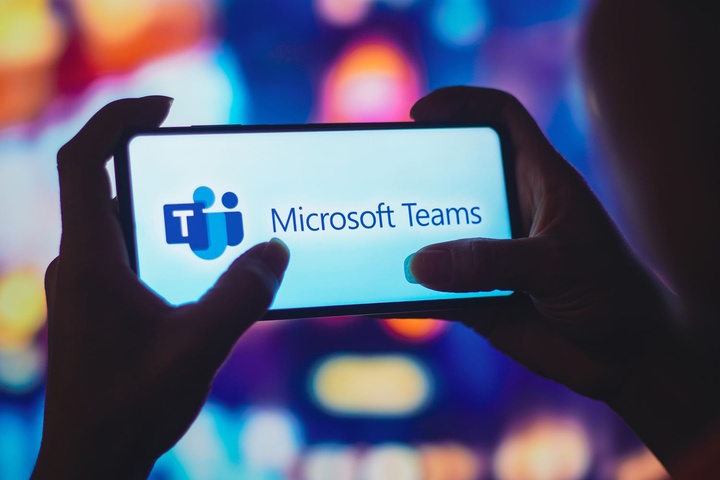Microsoft has decided to stop including its Teams remote collaboration program in its Office productivity package, according to Financial Times.
The organization is taking action to address any EU antitrust concerns, which are the biggest regulatory worries they have encountered in the last ten years. Companies will soon have the option to purchase Office with or without Teams installed, according to FT’s sources, “but the mechanism on how to do this remains unclear.”

There are allegedly ongoing discussions with EU regulators, but “a deal is not certain.” “We are mindful of our responsibilities in the EU as a major technology company,” Microsoft told the Financial Times.
Also Read: What is Auto-GPT and why does it matter?
We continue to engage cooperatively with the commission in its investigation and are open to pragmatic solutions that address its concerns and serve customers well.”
Microsoft and Slack don’t get along very well. Slack stated that it was “genuinely excited to have some competition” when Teams first launched. Slack’s CEO subsequently asserted, “Teams is not a competitor to Slack.”
Despite the CEO’s assertions, Slack stated in a 10-Q form that Microsoft Corporation was its current “primary competitor” in October 2019. Then, in 2020, Slack complained to the EU against Microsoft.
Microsoft’s response was that Slack “suffered” since it didn’t support video conferences. If not for Windows, Satya Nadella, the CEO of Microsoft, questioned whether Slack would even be around. During that time, Slack’s general counsel stated, “We’re asking the EU to be a neutral referee, examine the facts, and enforce the law.”
Microsoft is currently dealing with its first legal problems in ten years. The corporation entered into a settlement with the European Commission in 2009, promising to give customers in Europe a choice of web browsers; it was later fined €561 million in 2013 for persistently failing to uphold that promise.
Of course, the antitrust scandal that made it famous occurred when it was first compelled to split into two businesses; however, the decision was eventually overturned by an appeals court.
In an agreement reached in 2001, Microsoft and the DOJ agreed to limitations such as not sharing APIs with outside developers and allowing PC makers to include non-Microsoft applications on their hardware.
It is understandable that regulators would intervene when tech giants like Microsoft and Slack engaged in such a public battle. To see if Microsoft unbundling succeeds, we’ll have to wait.
Also Read: Will Dead Island 2 Be On Game Pass?
The corporation has been rushing to get regulatory permission for its intended $69 billion acquisition of game producer Activision Blizzard in recent months. According to reports, the corporation is anticipated to get the go-ahead from the EU and the UK. It has until July to satisfy the US Federal Trade Commission.
To allay those worries, Microsoft provided 10-year legal arrangements to distribute Call of Duty on Nintendo platforms and cloud-streaming service Boosteroid. Sony apparently turned down a comparable offer.

I am a law graduate from NLU Lucknow. I have a flair for creative writing and hence in my free time work as a freelance content writer.